The recent GATHERS SuperEvent, held in Rome, showcased an exceptional convergence of collaboration and innovation in the field of geoscience and remote sensing. Host was the Sapienza Università di Roma, with support from the Wroclaw University of Environmental and Life Sciences (UPWr) – GATHERS project leader, and the partners from Technical University of Delft (TU Delft) and Technical University of Vienna (TU Wien). The event drew together a diverse range of researchers, students, and industry professionals from across Europe. Spanning from February 12th to February 18th, 2024, it served as a dynamic platform for intensive learning and exchange.
Leading researchers and educators shared their expertise in LIDAR, InSAR, and GNSS with participants who engaged in a wide array of activities, from theoretical classes to practical training sessions. The aim of these activities was to enhance their understanding and application of cutting-edge techniques in the field of geoscience and remote sensing.
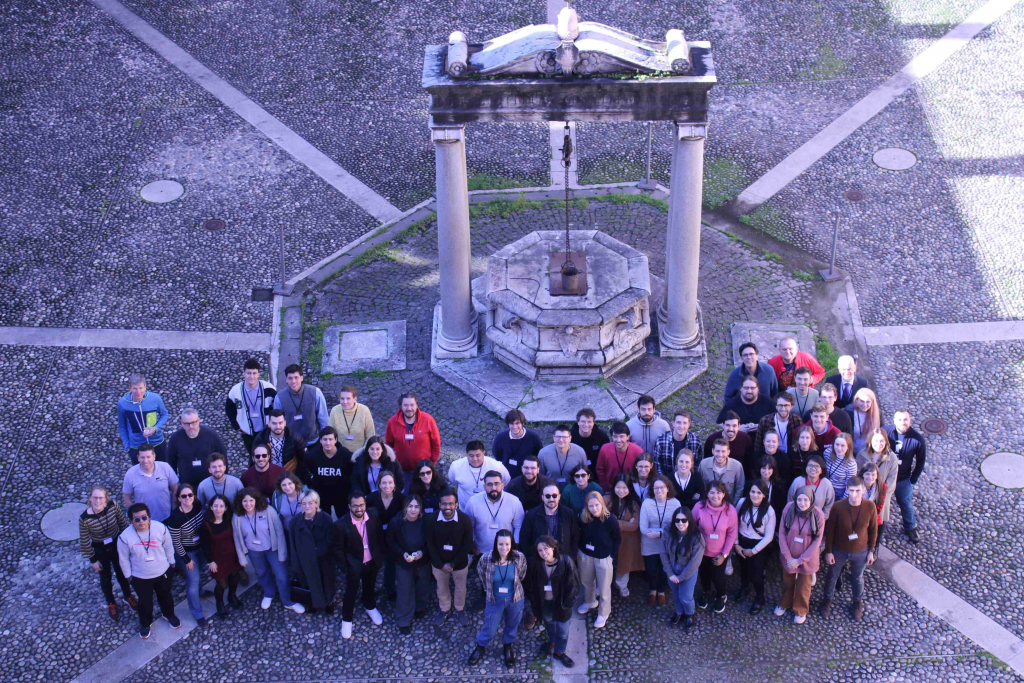
The SuperEvent kicked off with a Workshop Day, featuring insightful speeches delivered by esteemed academics and invited industry experts. The guests and participants received a warm welcome from the Dean of the Faculty of Civil and Industrial Engineering, Prof. Dr. Eng. Carlo Massimo Casciola. The workshop was divided into two main segments: “Career Development: GATHERS Examples”, where alumni of GATHERS internships shared their experiences, and “Invited Talks”, featuring distinguished speakers such as Prof. Katharina Anders from TU Munich, Prof. Eugenio Carminati from Sapienza University of Rome, and Dr. Roberto Devoti and Dr. Simone Atzori from INGV. Additionally, representatives from leading industry players such as GRed, ASI, e-GEOS, Latitudo40, and Planetek provided presentations, fostering interaction and strengthening the connection between academia and industry. The day concluded with Scientific Speed Dating, allowing School participants to showcase their research activities.
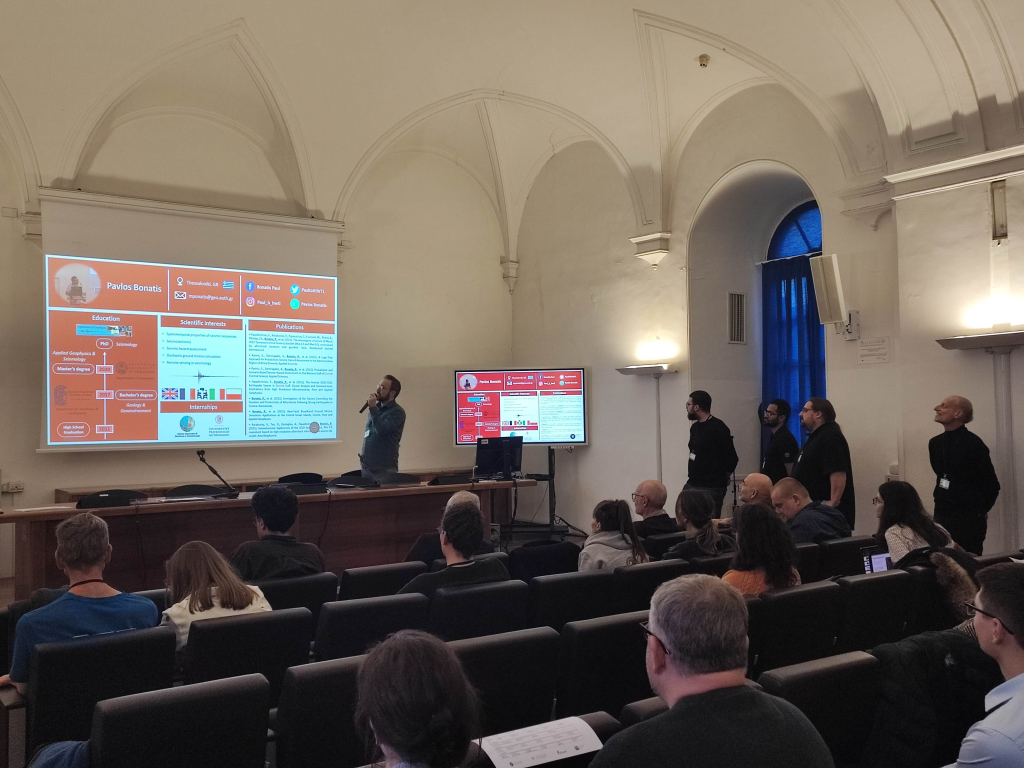
The discipline sessions of the School offered participants valuable insights into the latest advancements in the field of InSAR, LiDAR and GNSS seismology, complemented by lectures and hands-on training sessions. During tutorials, students were organized into diverse teams and engaged in various assignments covering all topics, culminating in presentations on the final day of the School.
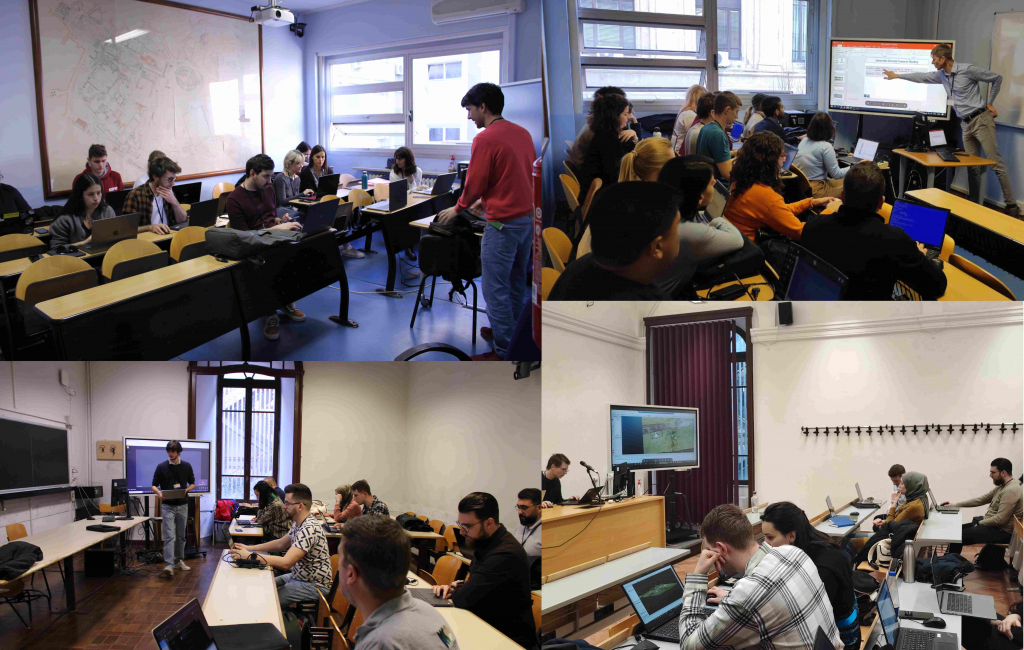
The GATHERS School concluded with a visit to INGV, providing further insights into seismic monitoring activities.
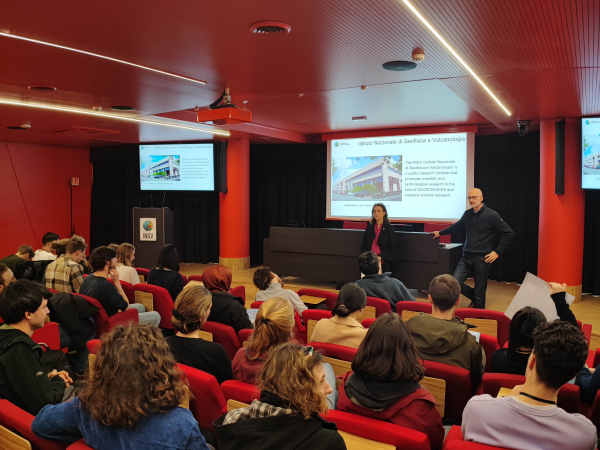

The culmination of the GATHERS SuperEvent was the Hackathon & Ideathon, where six teams competed across coding and ideation challenges aimed at improving high-rate GNSS and EGMS services. Mentored by specialized researchers, participants were evaluated by a jury comprising representatives from Sapienza, UPWr, and various B2B partners. The winning teams, O’YEAH (coding) and KNG Dahlta (ideas), showcased remarkable innovation and determination, solidifying the event’s success.
Funded by the GATHERS project under the European Union’s Horizon 2020 TWINNING programme, the event provided participants with valuable learning opportunities, with trainees earning 2 ECTS points for their successful participation in the School and 1 ECTS point for the Hackathon. The GATHERS Project continues to drive progress and promote cooperation within the realms of geoscience and remote sensing, establishing itself as a premier hub for interdisciplinary study and scholarly exchange.
One Comment
Comments are closed.


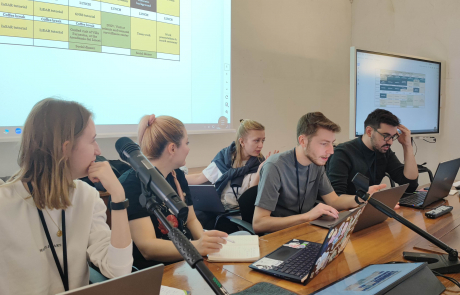
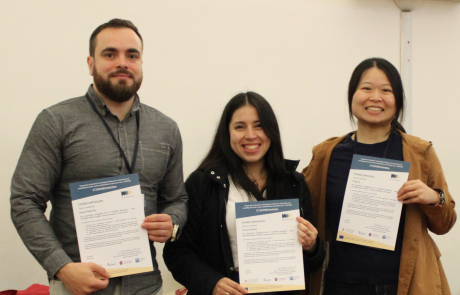
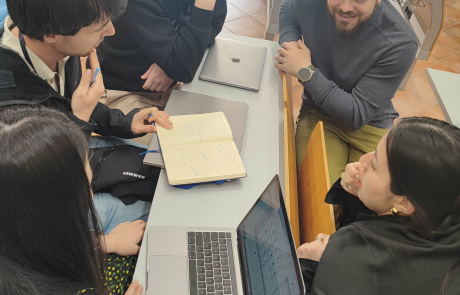
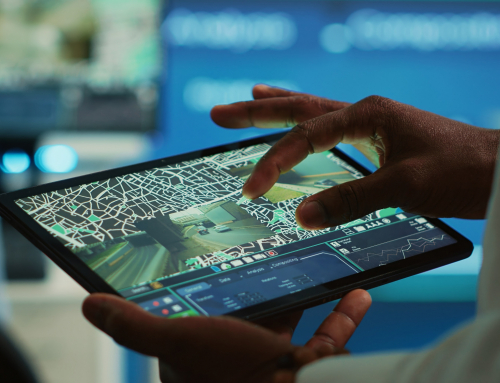

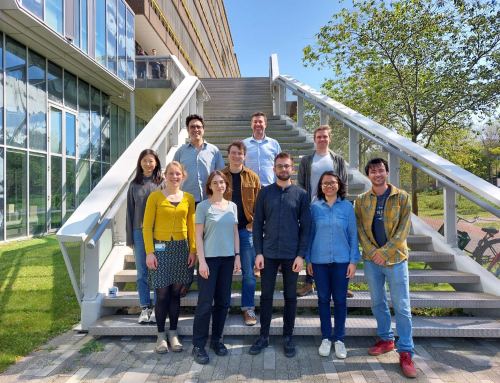
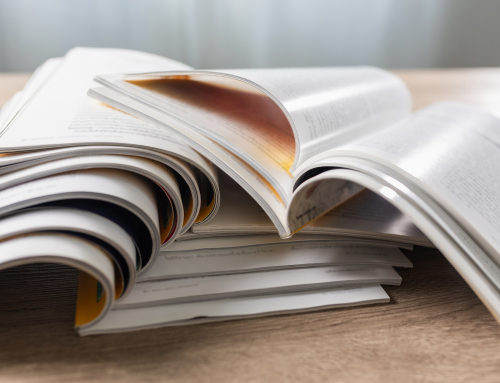
[…] More about the 3rd GATHERS school edition taking place at 12-16th February 2024 in Rome, Italy. The event in Rome was followed by a Hackathon on GNSS seismology during the weekend 17-18 February 2024. […]